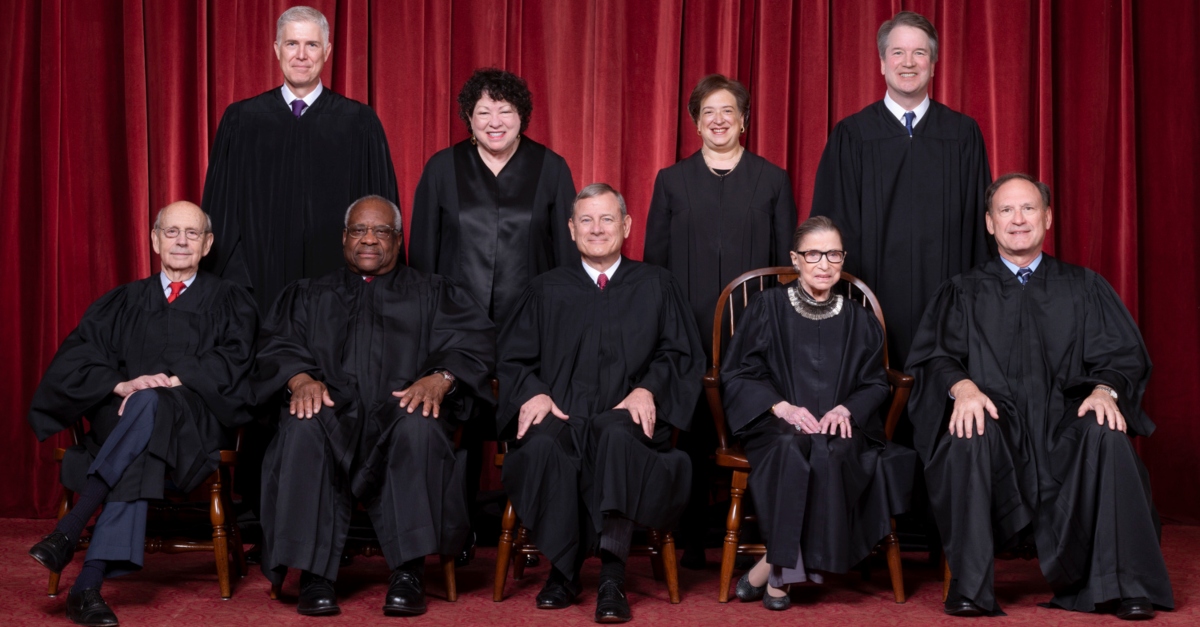
The Supreme Court of the United States granted certiorari Monday in two new cases, one dealing with a narrow immigration issue, the other involving rules governing arbitration agreements. Here’s what you need to know.
SCOTUS granted certiorari in this appeal from the Fourth Circuit, in which the question is which of two provisions of the Immigration and Nationality Act applies while certain non-citizens are awaiting removal hearings based on “reinstated removal orders.”
The Respondents in the case are non-citizens who were removed from the United States, and claim to have been persecuted, tortured, or threatened while in the countries to which they had been removed. Despite their removal, and despite having no authorization, they returned again to the United States, because they feared for their safety (see a similar case here).
Now, these individuals face another removal hearing. What’s unclear is what happens to them during the time that hearing is pending. If U.S.C. § 1226(a) applies, these individuals have the option to demonstrate that they pose neither danger to the community nor a flight risk, post bond, and return to their families while awaiting their hearings. On the other hand, if 8 U.S.C. § 1231 applies, it requires mandatory detention during the interim. That difference is significant, as the removal process can often take several years.
The case relates to a small group of non-citizens – those who are the subject of reinstated removal orders and have credibly raised concerns of persecution and torture. Petitioners are Matthew T. Albence, in his official capacity as Acting Director, U.S. Immigration and Customs Enforcement, and Attorney General Bill Barr. Both the Fourth Circuit and the District Court ruled against the Trump Administration, holding that their reading of the statutes supports a finding that the individuals in question are entitled to seek release pending their hearings.
2. Archer and White Sales Inc. v. Henry Schein Inc.
This case is a follow-up from a SCOTUS decision in January 2019. At that time, the court unanimously held that under the Federal Arbitration Act, if parties “clearly and unmistakably” delegate a question to an arbitrator, a court can’t second guess the decision to arbitrate that particular dispute.
Archer and White is a small distributor of dental equipment that has been involved in a contract dispute with a dental equipment manufacturer (which is succeeded in interest by Henry Schein, Inc.). Their case was sent back down to the lower courts, and now it’s back up at the Supreme Court. This time, they’re arguing about exactly what “clearly and unmistakably” means. The arbitration agreement between the parties exempted certain claims from arbitration, and on that basis, Henry Schein, Inc. wishes to challenge any findings that the entire dispute must be arbitrated.
[Image via Fred Schilling, Supreme Court Curator’s Office]